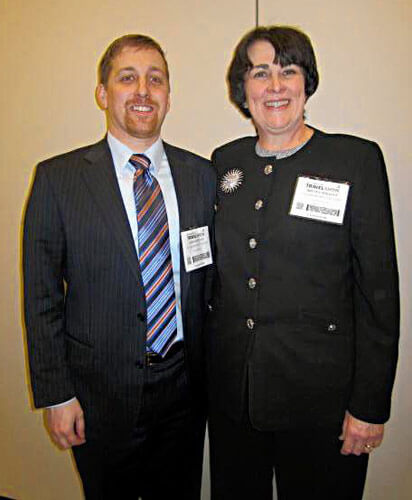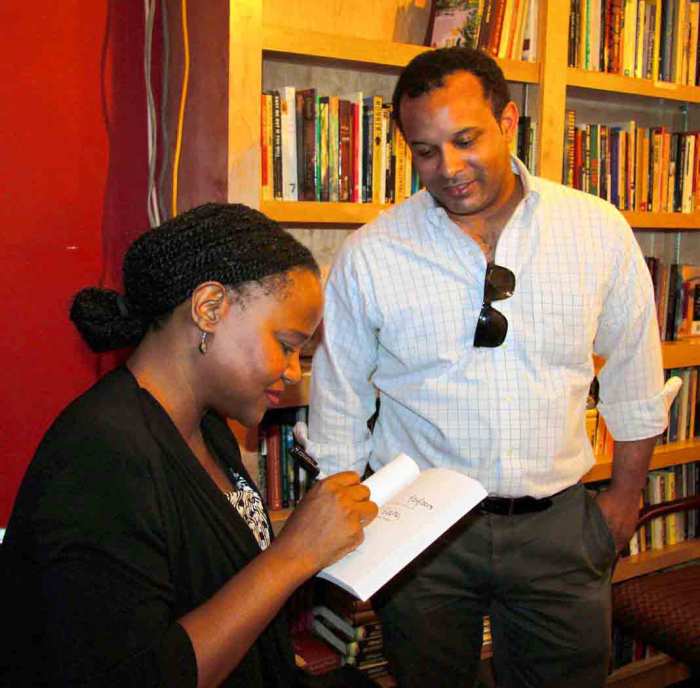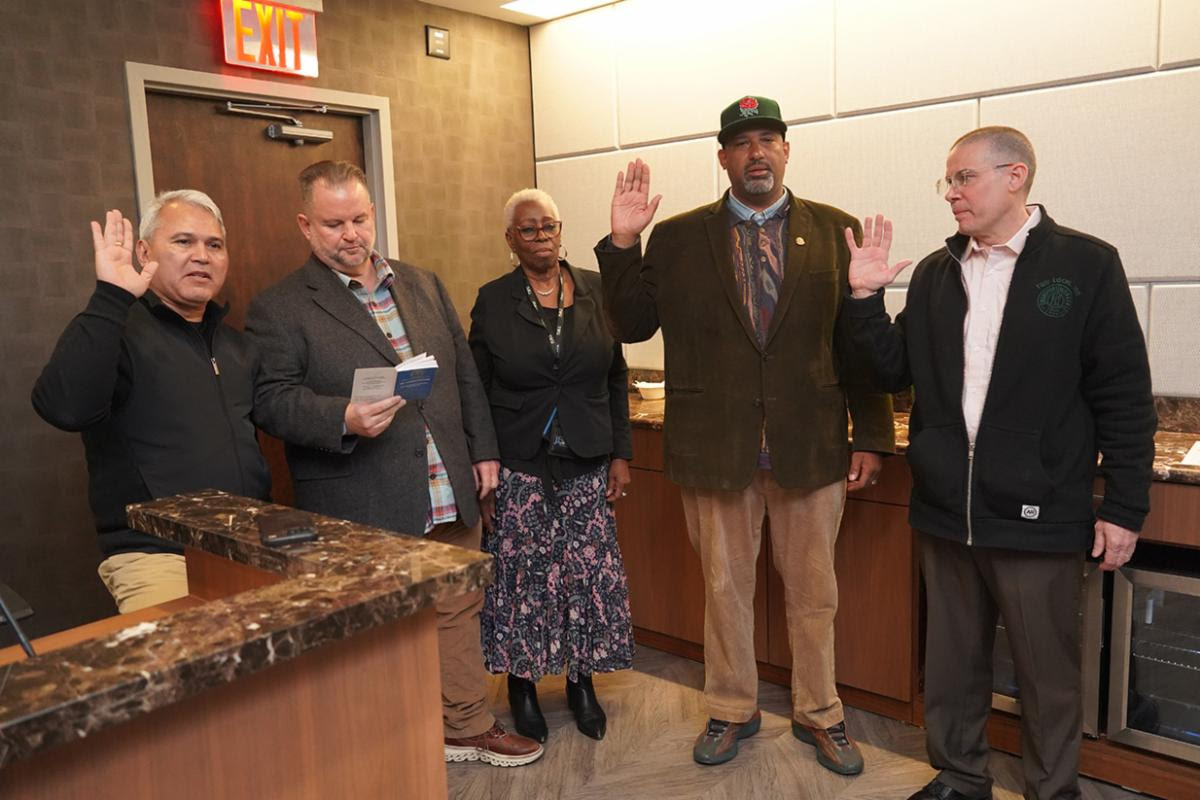The U.S. Department of State is stepping up its outreach to educate the Caribbean American traveling public about the services the agency has to offer, and ways in which the community can receive special help before they travel.
During an exclusive interview with Caribbean Life recently at the Jacob Javits Center in Manhattan, Deputy Assistant Secretary for Passport Services, Brenda S. Sprague, urged citizens to apply for a U.S. Passport. To do so, an applicant must supply a naturalization certificate, a U.S. birth certificate, a driver’s license, or other forms of documents approved by the agency.
First time applicants are required to pay a fee of $135 for a new psspport. For a renewal, the fee is $110. The travel document for a child is valid for five years; for an adult it’s 10 years.
The fee is applied to either a 26-page or 52-page book. Seasoned travelers are however advised to choose the larger book to avoid having to pay later for extra visa pages that cost $82.
Sprague also strongly encourages families to put aside one day in the year to check all travel documents to ensure passports are valid before travel – especially citizens with relatives in other parts of the world and may have to travel in case of an emergency.
In addition, she informed this newspaper that a child born to an undocumented parent, is the only one who is entitled to an American passport. The process to acquire a passport for that child should be undertaken as soon as the child is born, which she said would be best for all concerned.
She reiterates the importance of owning a U.S. passport, pointing out that the document has a reputation for integrity.
“If you have a U.S. passport it’s proof by law that you have citizenship; and it’s a document that enables you to travel at a moment’s notice,” Sprague added.
A $30 passport card that could be easily slipped into a wallet is also a valuable ID that allows citizens to travel to Canada, Mexico and, by boat only, to any Caribbean country.
The U.S. State Department is also offering the traveling public the opportunity to use its online services at www.travel.state.gov to enroll in the “smart travel” program (STEP) before leaving the US. The program allows travelers to register information, such as an itinerary that allows the agency to stay in touch via smart phone alerts or email, in cases of emergency. Hurricanes, civil unrest, or the loss of a passport are issues the agency would be prepared to address.
Sprague, who was accompanied by Public Affairs Officer John W. Whiteley at the NY Times Travel Show as part of the state’s outreach program, warns first-time travelers of the pitfalls they may experience.
“The information we provide will better prepare you if you are traveling to a destination you have never traveled to,” Sprague explains. “Local customs, hotel pre-booking, certain vaccinations, and the location of a U.S. Embassy, are some of the problems that can be avoided,” Spragiue explains, adding: “The safest traveler is the one who is informed.”
She also recommends signing up with Homeland Security’s Global Entry Program if you are a frequent flyer. This, she said, requires a complicated and thorough interview and fingerprinting; but is worth the priority speed-pass to board a flight. The card costs $100 and is valid for five years.
For more information – log on to www.travel.state.gov.



























